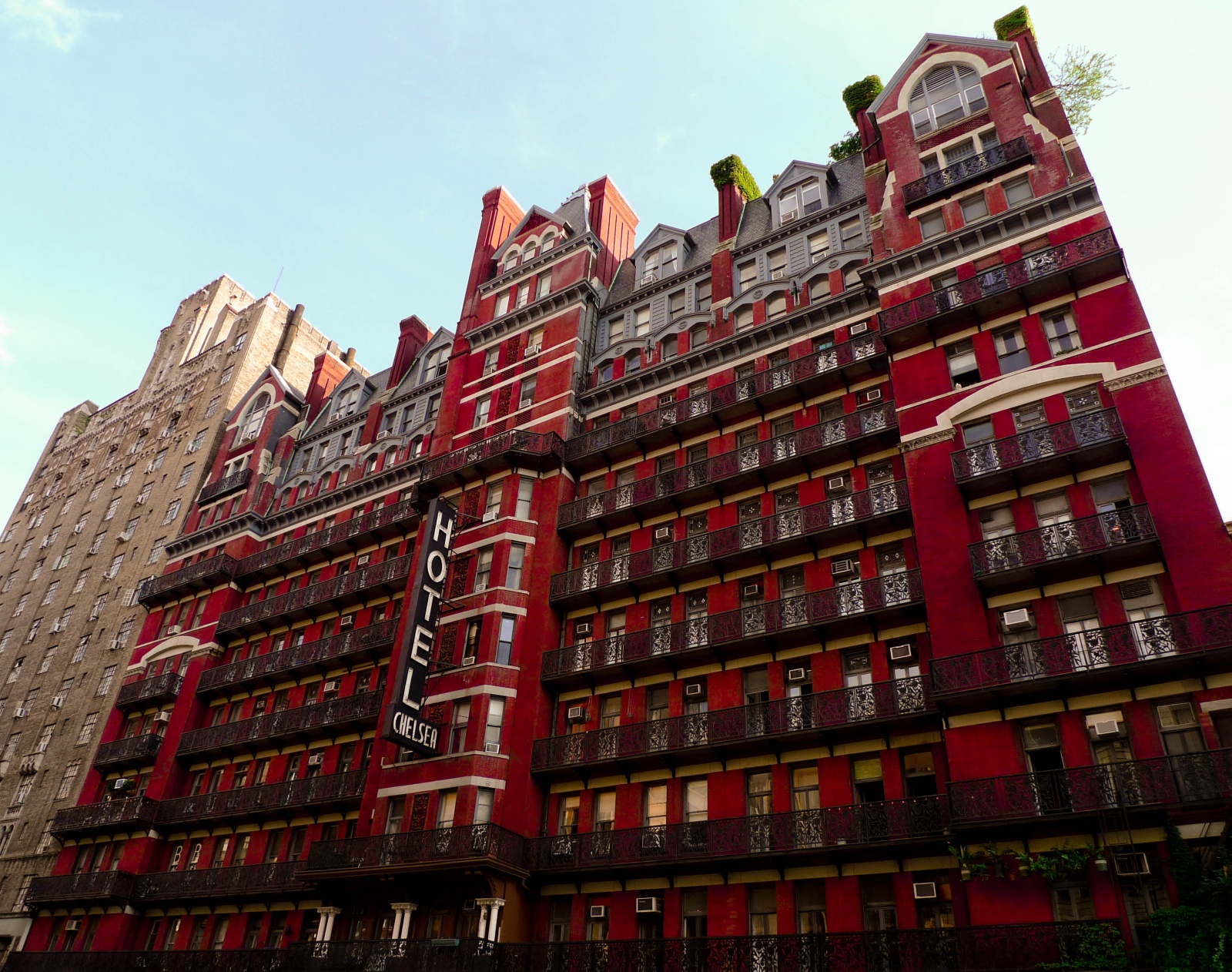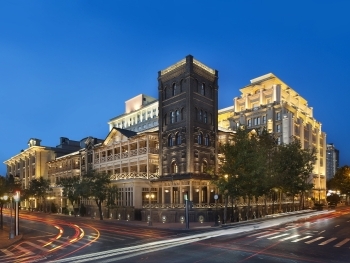The Select Member of The Most Famous Hotels in the World
The Hotel Chelsea, a revered institution among the world’s most iconic hotels, faced a tumultuous battle for survival. By 2022, its fate was sealed with a victorious resurrection, modestly proclaiming itself as New York’s finest hotel.
A Historic Beginning
Established as New York’s first cooperative apartment complex, the Hotel Chelsea entered the competitive rental market with great optimism. The March 29, 1884, issue of the Record and Guide reflected the early confidence of its founders: "The owners of the various apartments do not think that running expenses will cost them anything, as the stores on the ground floor & the two upper stories are retained for tenants, so as to bring in an income."
The building boasted impressive features such as wrought-iron balconies, customizable apartments ranging from one to seven rooms, high ceilings, fire and sound-proof walls, wood-burning fireplaces, and private penthouses. A unique iron staircase, with a wrought-iron balustrade and mahogany banister, extended from the lobby to the twelfth floor. At its inception, 23rd Street, where the Chelsea was located, was a burgeoning theater district, housing the Opera House Palace and Pike's Opera House nearby.
A Changing Landscape
However, by January 1893, the opening of The Empire theater near 40th Street marked the beginning of Broadway's new era, shifting the theater district uptown and altering the social fabric of 23rd Street. This transformation left the Chelsea, once a beacon of opulence, to navigate the tides of real estate development and industrial commerce. The financial crises of 1893 and 1903 further strained its cooperative model, leading to bankruptcy and the eventual sale and reorganization of the Chelsea as a hotel by 1905.
A New Era as a Cultural Hub
Transitioning from a cooperative apartment to a hotel, the Chelsea began its legacy as a haven for writers, artists, and various urban transients. Notable residents included literary and artistic luminaries such as Mark Twain, O. Henry, Herbert Huncke, Dylan Thomas, Arthur C. Clarke, Sam Shepard, Arthur Miller, Tennessee Williams, Jack Kerouac, Brendan Behan, Thomas Wolfe, Valerie Solanas, William S. Burroughs, Allen Ginsberg, Gregory Corso, Arnold Weinstein, Catherine Leroy, and James Schuyler.
Delmore Schwartz, known for "In Dreams Begin Responsibilities," spent his final years in seclusion at the Chelsea. Charles R. Jackson, the author of "The Lost Weekend," tragically ended his life in his Chelsea room on September 21, 1968. In 1998, Joseph O'Neill and his wife moved into the Chelsea, raising three sons there, with the hotel prominently featured in O'Neill’s novel "Netherland."
The Warhol Era
The Hotel Chelsea is indelibly linked to Andy Warhol and his circle of superstars. Warhol, along with Paul Morrissey, directed "Chelsea Girls" (1966), a film capturing the lives of Warhol’s Factory regulars within the hotel’s storied walls.
Today, the Hotel Chelsea stands not just as a place of lodging but as a testament to New York’s vibrant cultural history, embodying the spirit of resilience and creativity that has characterized its existence for over a century. From its grand architectural beginnings to its rebirth as a modern hotel, the Chelsea remains a cherished landmark in the heart of New York City.




